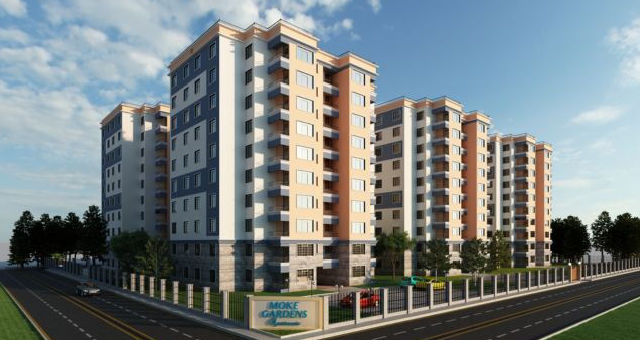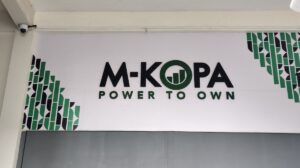The government has recently unveiled a strategic plan for President William Ruto’s affordable housing initiative, prioritizing specific groups of Kenyans to benefit from this ambitious project.
This move aims to address the growing housing crisis in the country and ensure that vulnerable and deserving populations gain access to decent, affordable homes.
According to the Ministry of Housing, the priority for these affordable houses will be given to low-income earners, first-time homeowners, and residents of informal settlements.
This decision aligns with the government’s commitment to uplift the living standards of those who are most in need and who have been historically marginalized in terms of housing access.
Low-income earners, particularly those with stable but modest incomes, often struggle to afford quality housing due to high real estate prices and limited access to mortgage financing.
By prioritizing this group, the government seeks to bridge the gap between income and housing affordability, providing a significant boost to their quality of life.
First-time homeowners are also a key focus, as the government recognizes the importance of encouraging homeownership among younger and middle-aged Kenyans.
This demographic is crucial for economic growth and stability, and enabling them to own homes will have far-reaching benefits, including increased financial security and investment in local communities.
Additionally, residents of informal settlements will be given special consideration.
These areas, often characterized by poor living conditions and inadequate infrastructure, are home to millions of Kenyans who face daily challenges related to sanitation, safety, and basic amenities.
By targeting these communities, the government aims to transform informal settlements into structured, dignified living spaces, thus promoting social equity and improving overall urban living standards.
The affordable housing project is a key pillar of President Ruto’s broader agenda to revitalize the economy and enhance social welfare.
The initiative is expected to stimulate job creation in the construction sector, provide a stable living environment for families, and contribute to the reduction of poverty levels.
To ensure transparency and fairness in the allocation process, the government has established rigorous selection criteria and will utilize a digital platform for applications.
This approach aims to prevent corruption and ensure that only eligible individuals and families benefit from the program.In conclusion, by prioritizing low-income earners, first-time homeowners, and residents of informal settlements, the government is taking a significant step towards addressing the housing shortage in Kenya.
This initiative not only promises to provide affordable housing but also to foster inclusive growth and improve the overall quality of life for many Kenyans.





















Add Comment